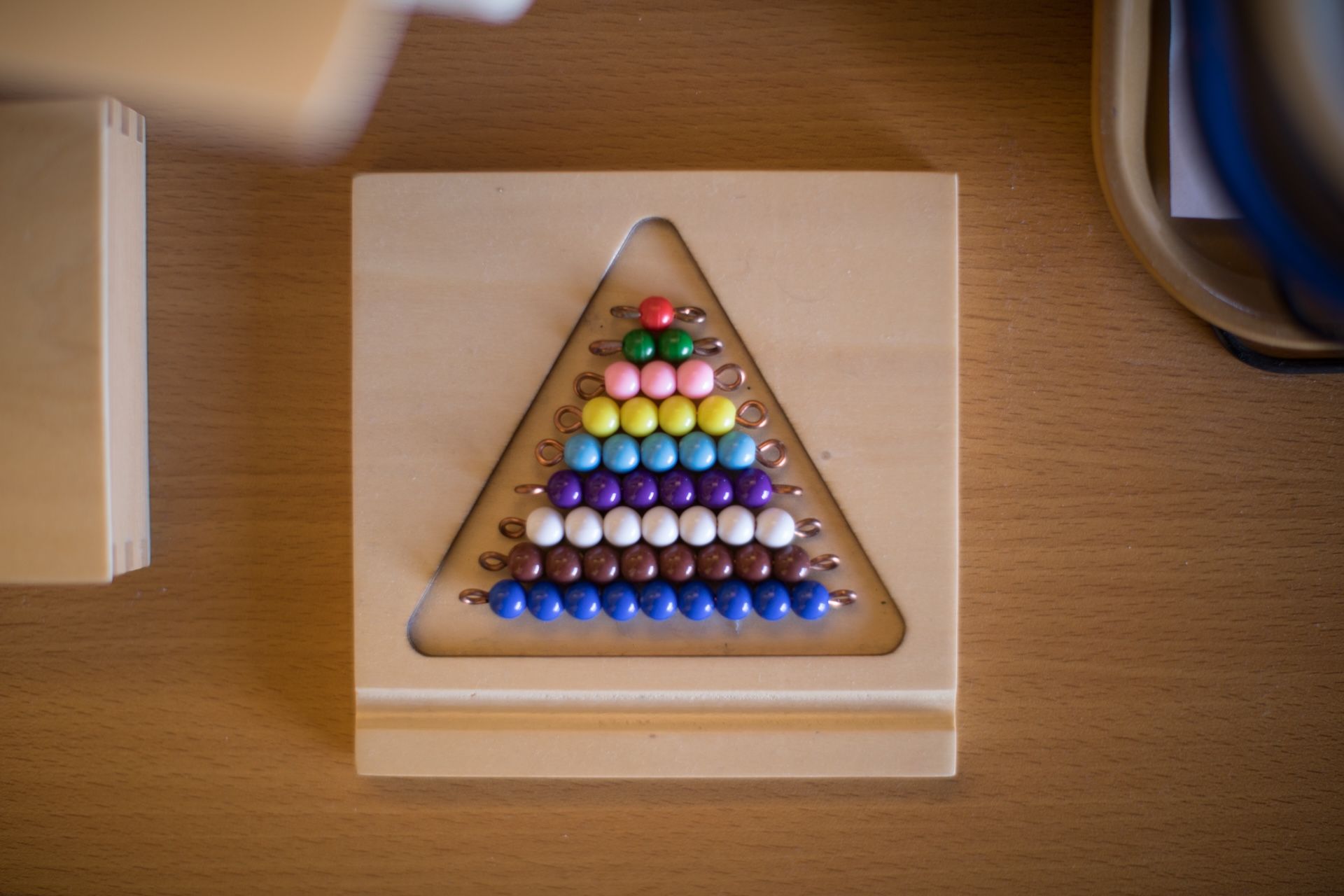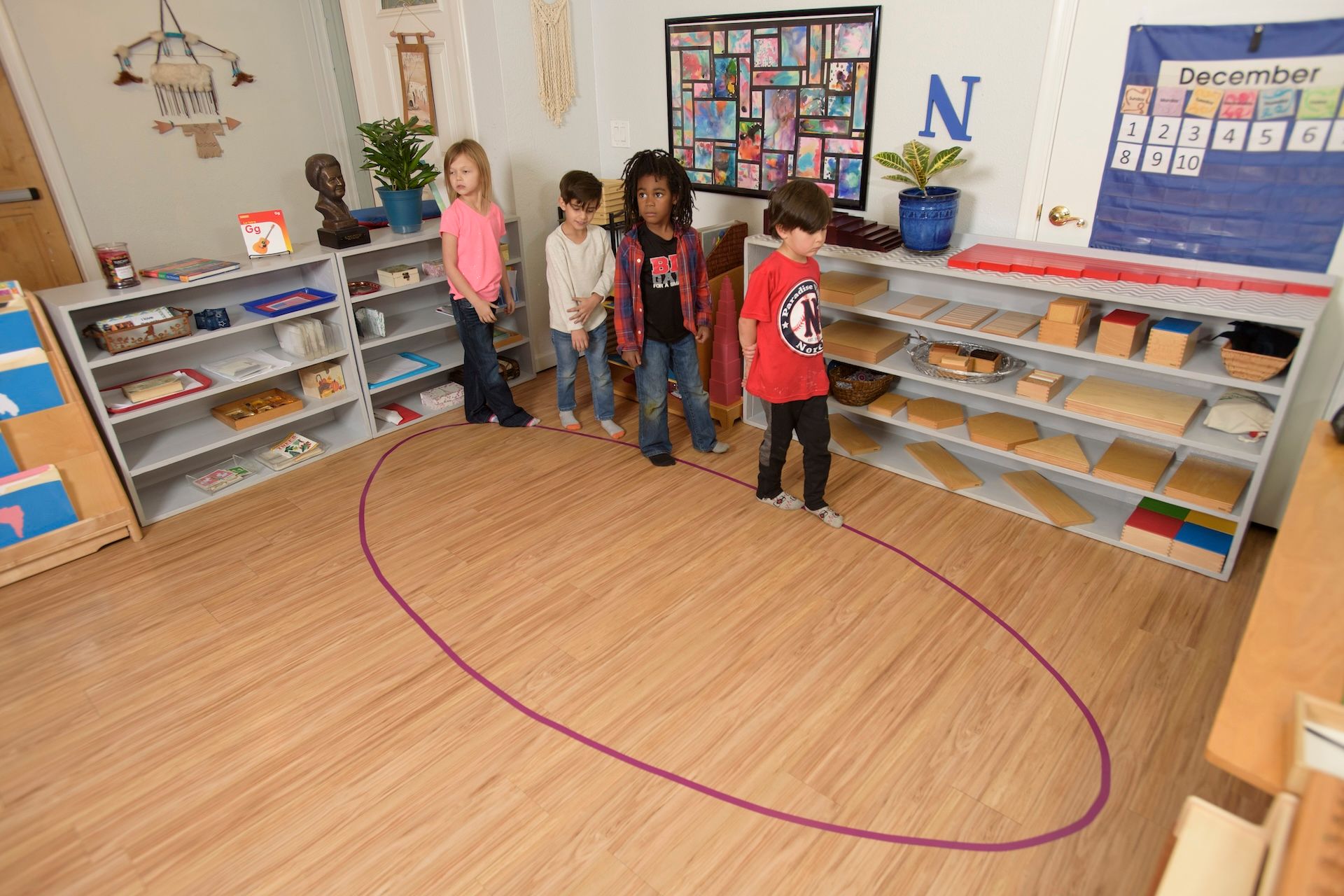Children have the chance to stay with Montessori programs through upper elementary and many take the opportunity to do so. Parents sometimes have concerns about the preparedness level of students leaving these programs. Will they be able to adapt well to a new school? Will they be able to socialize with the other students? How will they handle the different experiences they see in a larger school?

Interpersonal Skills
Parents are usually surprised at the resilience of their children. Adapting to different schools after Montessori is often fairly simple for these kids. There are several advantages to having an elementary education through a Montessori program but the boost given to social skills is one of the least recognized. The way classes are structured and instruction is done makes kids interact with each other differently, in ways that greatly improve their abilities to work with other people down the line.
Natural Leadership
A significant advantage is the blending of children of different ages in Montessori school. Students spend their formative years in a Montessori classroom learning with children of different ages. They cover topics together and frequently end up providing each other instruction. Kids are regularly introduced to information or situations that aren’t exactly the same as others their age. By blending kids who are close in age, students enhance their own learning environment by interacting. But they also create skills that make the transition into other schools and different environments. Older children have the chance to act as instructors when they work with younger children. They become comfortable communicating with kids at different ages and social levels. This translates very well into social skills as they age into middle and high school. Montessori kids can talk to most anyone because of their experiences learning with children in different ages.
Passion for Learning & Doing
In addition, the flow of Montessori education relies on kids looking for the task that most interests them. Students who are pursuing their own interests tend to learn better than students who are forced into activities. In addition to better learning, having this level of independence teaches Montessori students that they can explore their own activities and try to connect with others who share their interests. Kids can congregate together around tasks that interest them and then talk to each other about the task at hand. Working towards a common goal strengthens bonds, something students absorb and often unconsciously pass on to each other. They take this independence, as well as an ability to openly discuss what they’re learning, into all of their activities. This makes Montessori kids much more socially adaptable while also preventing them from being overly susceptible to peer pressure They’ve formed their own determinations and strength of will and won’t be as easily swayed by trends or fads.
The strong social foundation laid down in Montessori education can be seen in kids of varying ages. They tend to adapt well to new settings and are able to make friends relatively easily. Contrary to what parents imagine, Montessori kids are well-suited to changing and fluid environments and tend to relate well to their peers and even adults as they age. Parents are right to wonder about how education will impact their kids’ social futures. Montessori education provides a broad foundation for understanding people as they grow into a new school or environment.
The post Social Future: Life After Montessori appeared first on Pebblecreek Montessori.
Hours
MONDAY - FRIDAY
HALF DAY: 8:30a – 12 noon
ACADEMIC DAY: 8:30a – 3:30p
EARLY CARE: 7:00a – 8:30a
AFTER CARE: 3:30p – 6:00p
OFFICE: 8:00a - 4:00p
Programs
Connect
Pebblecreek Montessori




